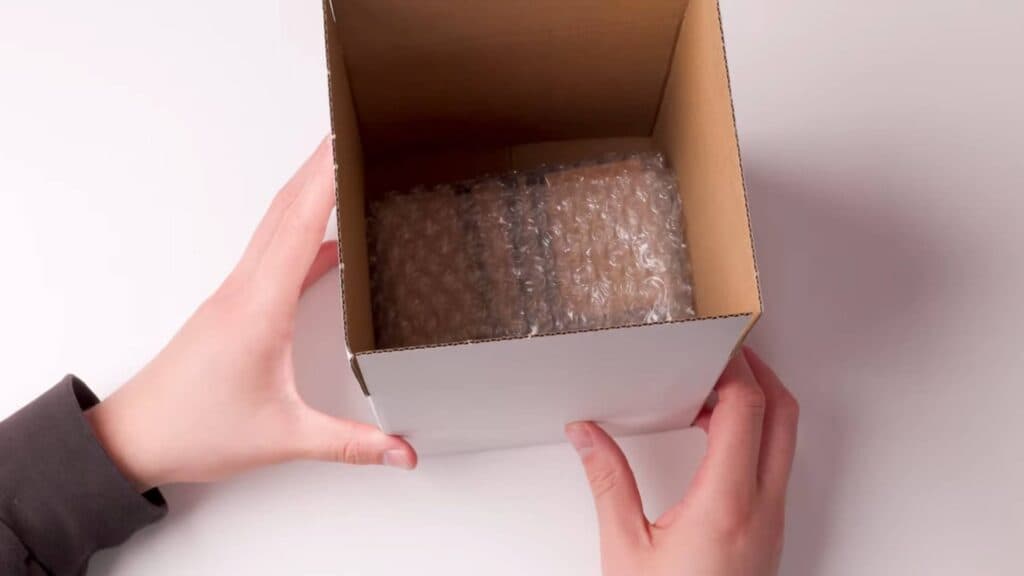Pokémon cards are at their most valuable when they are assessed by reliable card grading professionals in the market.
If you’re a new Pokémon TCG collector, there’s a good chance that you’re wondering how you can get your cards inside hard protective casings, just like those expensive ones sold in card shops.
Those cards, labeled with numbers and letters on their casings, are all graded by industry experts. Experienced card enthusiasts often invest in graded cards, as these collectibles can hold their market value better compared to ungraded cards.
In case you get lucky enough to get your hands on some elusive chase cards, you better grade them as soon as possible if you’re serious about collecting more of them.
To give you a head start, we’ll walk you through the ways of how to get your Pokémon cards graded, especially if it’s your first time.
Grading Pokémon cards professionally

The process of grading Pokémon cards is roughly the same as other trading cards, such as sports cards, Yu-Gi-Oh!, and Magic: The Gathering.
To have your Pokémon cards graded, you need to make a submission to a reputable card grading company. And as far as card grading is concerned, these three companies are the best choices for Pokémon TCG collectors:
PSA is widely regarded as the most popular Pokémon card grader in the industry, but you can also lean on Beckett and CGC, depending on your preferred grading standards.
Filing a submission to PSA will require you to fill out an online form that you can print and ship with your cards. You can also send your submission physically to PSA events or seek the help of your local card store.

Of course, grading your Pokémon cards isn’t free, as you will employ skilled and seasoned graders to check your cards. Depending on the PSA service level that you can afford, you can get your graded cards back from 20 to as fast as five business days.
Pro tip: When shipping your cards to PSA, you’ll need a shipping box, cardboard dividers, and bubble wrap. Use penny sleeves and semi-rigid card holders to protect your cards. Avoid putting them inside regular card sleeves and toploaders.
How do PSA grades work?
Card grading involves a thorough and meticulous process of checking the physical features and condition of a collectible trading card. The better the grade, the more valuable it becomes.
Each grading company has their own set of criteria for card grading. PSA, for example, rates their cards from PSA 1 to 10, with PSA 10 being the highest rating, implying that a card is in perfect condition or Gem Mint.
Experts from PSA may also use special tools to grade a card by looking at any imperfections in its corners, surface, as well as the positioning of the card’s image.
PSA Grade | Description |
|---|---|
| PSA 10 | Gem Mint (GEM MT) |
| PSA 9 | Mint (MINT) |
| PSA 8 | Near Mint-Mint (NM-MT) |
| PSA 7 | Near Mint (NM) |
| PSA 6 | Excellent-Mint (EX-MT) |
| PSA 5 | Excellent (EX) |
| PSA 4 | Very Good-Excellent (VG-EX) |
| PSA 3 | Very Good (VG) |
| PSA 2 | Good (GOOD) |
| PSA 1.5 | Fair Condition (FR) |
| PSA 1 | Poor Condition (PR) |
| NO | Authentic |
| AUTHENTIC ALTERED | Authentic Altered (AA) |
Defining these grades is best left to professionals, but you can check out each of them on PSA’s Grading Standards page.
Pokémon card grading: Is it worth it?

Grading your Pokémon cards is a wise move if you want to collect cards that you can later sell for better returns. Even if you’re just a hobbyist who wants to hoard beautiful-looking cards, grading your cards makes them easier to display, organize, and maintain their current condition.
Pokémon card grading services can also benefit a collector in other ways, such as:
- Ensuring the authenticity of your cards. Card grading companies don’t grade counterfeit cards, so their professionals should also authenticate every card before the grading process. In other words, if PSA already graded yours, it’s definitely a genuine card.
- Sell your graded cards right away. PSA offers the option of listing newly graded cards on eBay, so you can auction your graded cards if you want to sell them.
- Store your graded cards for safekeeping. If you don't have a secure location to store your graded cards, PSA has a vault facility that works like a bank for your cards. The cards in PSA Vault are always well guarded and fully insured.
Just a quick reminder before you keep in touch with a card grading company: be mindful when selecting the Pokémon cards that you want to grade. Since you’ll spend some money on grading services, you might want to skip grading Commons and regular Rares, unless they can fetch high prices in the market.
Always go for expensive Secret Rares, particularly those full-art cards that you pull from your boosters once in a while.
Stay tuned to esports.gg for more Pokémon TCG tips and tricks, including guides for Pokémon TCG Pocket!